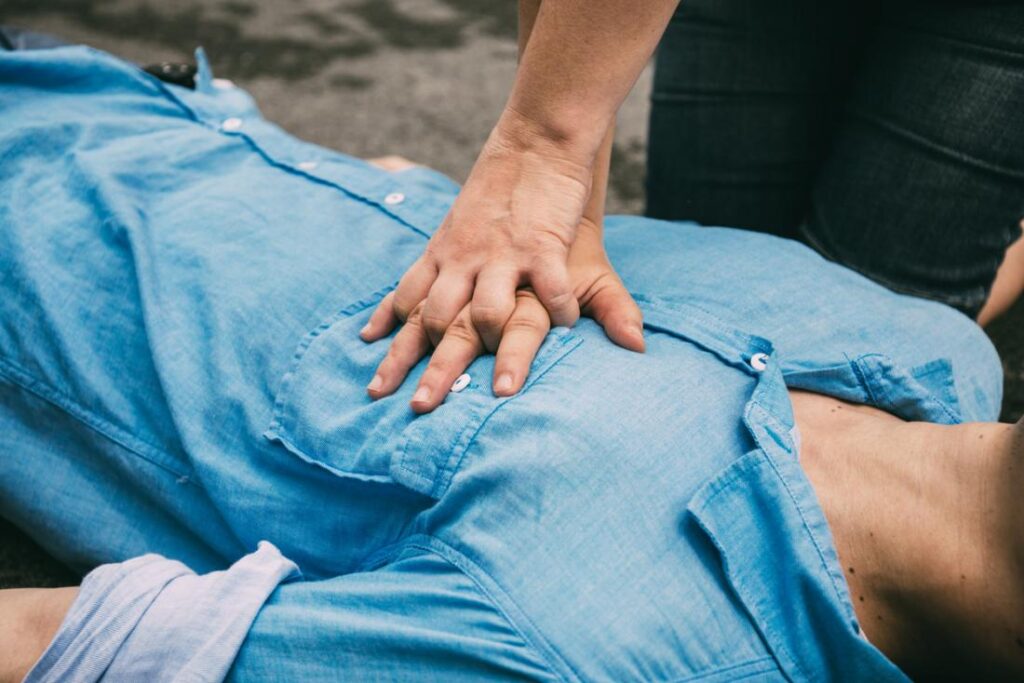A first aid course allows you to be equipped with the skills and knowledge necessary to respond to medical emergencies while waiting for medically trained individuals to arrive on the scene. Giving first aid can help save a life and influence whether a patient can fully recover from the medical situation or sustain permanent damage. Whether you work in a healthcare facility, sports centre, school, or a company or you just want to learn first aid skills, here’s what you should know:
What to Know About First Aid Training
Formation Premier Soins teaches the skills and knowledge that non-medically trained individuals can utilize to offer assistance in emergencies or accidents. In general, the procedures taught do not require special equipment or even prior knowledge. First aid is designed to:
- Preserve life. Through first aid training, you learn skills such as stopping bleeding, applying chest compression to support circulation in a patient suffering from cardiac arrest, and clearing a patient’s airway during choking. These procedures are focused on helping the patient stay alive until emergency medical services arrive.
- Prevent a situation from worsening. Through a first aid course, you can learn to immobilize an injured joint or stop a bleed to prevent the condition from worsening until a higher level of medical assessment and treatment is provided to the patient.
- Promote healing. Your training can include how to apply plasters to cuts or cooling burns to speed up the healing process.
- Relieve pain. Giving pain relief must be done only if this does not put the patient in danger. If a patient is bleeding, certain pain relief medication should not be given. A medical professional should be asked first before any type of medication is given.
- Protect an unconscious patient. This includes removing the patient safely from a dangerous environment such as a busy road or fire. A first aid course teaches you how to position the patient, ensuring their breathing airways are not obstructed.
Course Preparation
To make things go smoothly, it helps to do some things. Ideally, you should wear loose-fitting and comfortable casual clothing. First aid demonstrations require you to kneel, which may not be comfortable if you wear tight-fitting clothes.
With some first aid courses, you don’t need to have prior knowledge. Often, you are provided with a learning guide unless you prefer advanced first aid. Lastly, you must show up on the training day with a positive attitude and take part in various practical situations.


